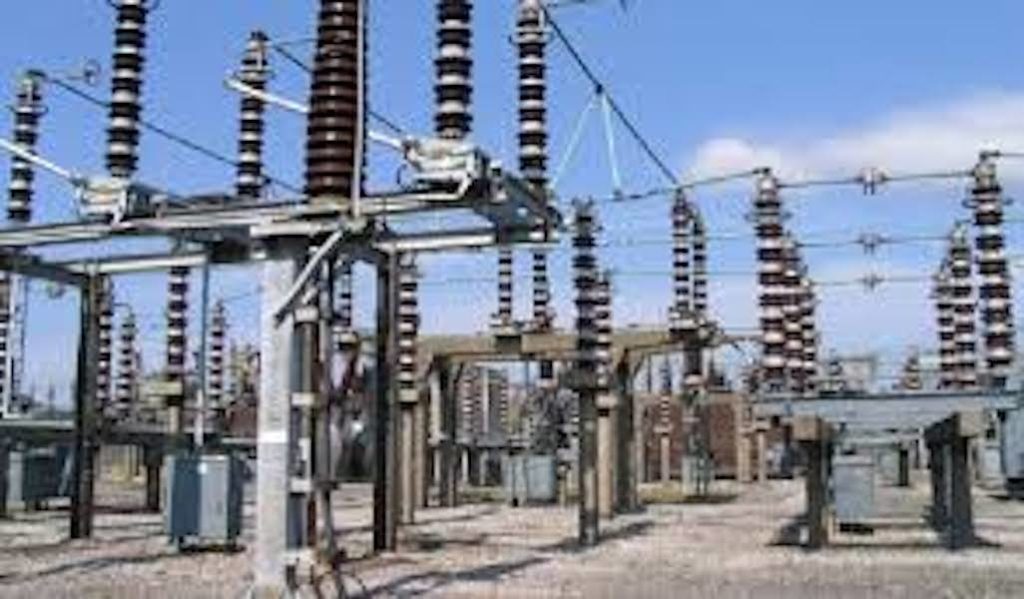The Nigerian Electricity Regulatory Commission (NERC) has rolled out yardsticks that must be met before electricity tariffs are reviewed.

According to a statement issued Wednesday by James Momoh, Chairman of the Nigerian Electricity Regulatory Commission (NERC), under these service-based principles, DISCOs will only be able to increase tariff rates for customers when they consult with customers, commit to increasing the number of hours of supply per day and quality of service.
“In all cases, poor and vulnerable Nigerians will not experience any increase,” the statement said.
“In line with these expectations, DISCOs are directed to engage with their customers on a Service Based Tariff structure.”
Under the Service Based Tariff Structure, NERC explained that DISCOs can only review tariffs for customers under certain conditions.
“Customers are consulted and communicated a guaranteed level of electricity service by the DISCOs based on hours of supply; customers are metered; no estimated billing through the strict enforcement of the capping regulation,” the statement said.
“This means that unmetered customers will not experience any cost increase beyond what is chargeable to metered customers in the same area. Even under the above conditions, there will be no change in tariff for the most vulnerable as tariffs for those consuming 50KW or less remain frozen.
“Customers receiving less than 12 hours of supply will also not experience any change in tariffs.”
In January, NERC announced that there would be an increase in electricity tariff across the country from April 1. The new tarriff showed price increases would have ranged from 60 to 100 per cent in some places. Except consumers in the Residential (R1) category, who will continue to pay N4 per kWh, all other categories of consumers were expected to pay higher tariffs.
On Wednesday, NERC announced that President Muhammadu Buhari has directed that there should be a nationwide mass-metering program in an effort by the Nigerian government to put a stop to estimated and arbitrary billing for electricity.
“In addition, the President has directed that there should be a nationwide mass-metering program in an effort by the Federal Government to put a stop to estimated and arbitrary billing for electricity.
“He has also approved a waiver of the import levy on meters, so that those that do not have meters can be supplied as early as possible at reasonable costs.”


Comments are closed.